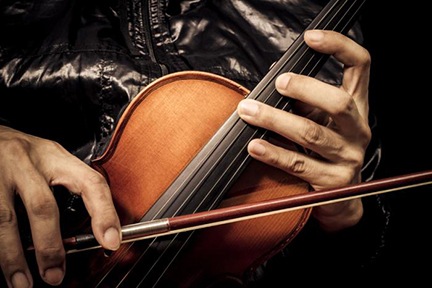

Optimizing Brain Health During COVID
by William Buxton
As physicians, we understand the tremendous value of cognitive, physical, and social activity in optimizing and preserving our abilities as we age. At first glance, it is easy to see COVID as an obstacle. However, there are many ways we can emerge from this period sharper, stronger and more resilient.
Tips for keeping your cognitive health in shape during quarantine
In terms of cognitive health, there are many things one can do at home. We see the most substantial benefits when a learned skill is utilized regularly.
Learn something new
Take this time to learn a musical instrument, a new sport or hobby, or a new language. Alternatively, pursue new continuing education to expand professional growth and opportunities.
Stay active
Remaining physically active is vital for brain health. Spending 150 minutes a week in exercise is protective against memory loss, and optimizing balance reduces fall risk. So, get outside and bicycle, walk, or jog (with a mask), or take video tai-chi or balance classes.
Reach out and stay connected
Next, as social isolation increases the risk of dementia by 50%, maintain regular contact with the same groups that were important to you prior to COVID. Be intentional in reaching out to family, friends, and community resources both to offer and receive support.
Post-Traumatic Growth
Finally, scientists recognize a phenomenon known as Post-Traumatic Growth, observed after such disasters as Hurricane Katrina, in which individuals and organizations emerge from trying times stronger and with a greater sense of purpose.
While not denying or ignoring current struggles, the acts of defining and accepting the “new normal” can lead to growth through embracing new goals and pursuits, especially something larger than one’s self. Potential avenues include volunteering or setting new goals for a more positive impact in our personal or professional lives. These steps will optimize not only our own brain health but also the well-being of our communities.
About the Author

William Buxton
Dr. William G. Buxton is Director of Neuromuscular & Neurodiagnostic Medicine and Fall Prevention at the Pacific Brain Health Center. His streamlined methods to optimize safety in outpatient settings, especially related to fall prevention among neurology outpatients have reduced falls and have even trended toward fewer falls among individuals with dementia, a population in which fall prevention efforts had previously been viewed as impractical. Dr. Buxton also has interests in neuropathies, especially those secondary to autoimmune disorders and other systemic processes.
Last updated: November 17th, 2020